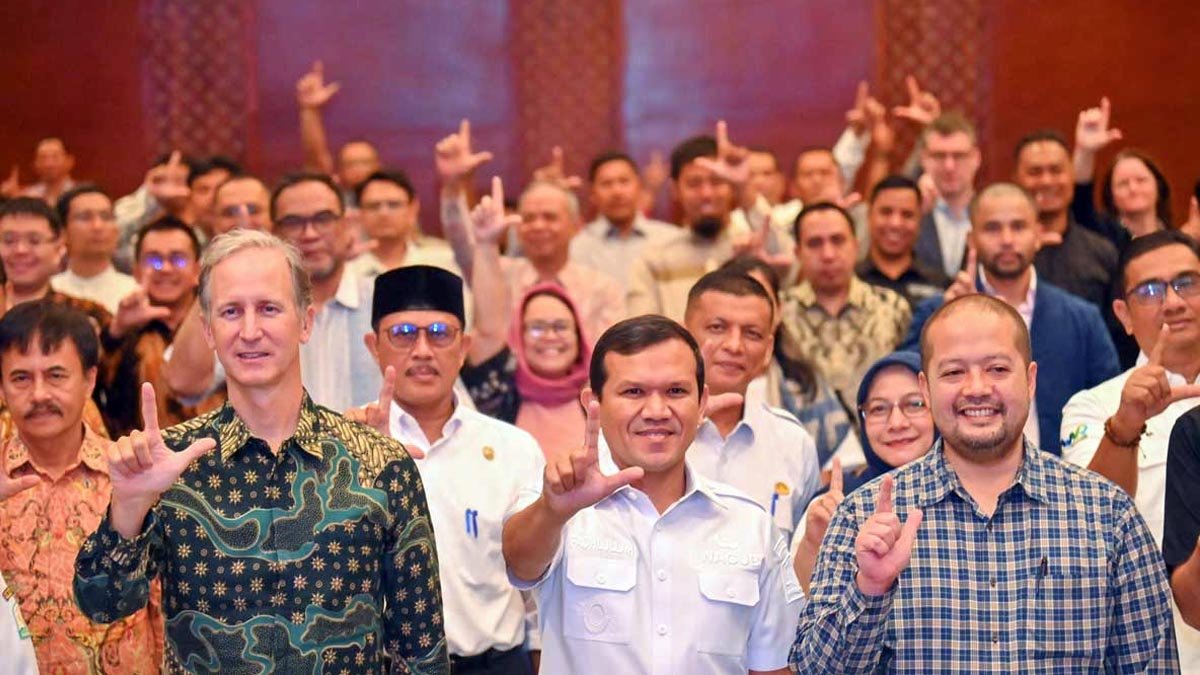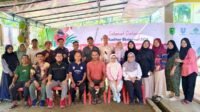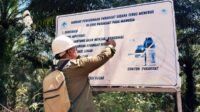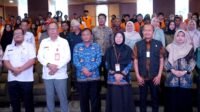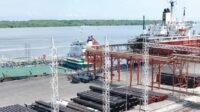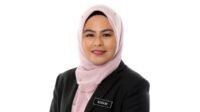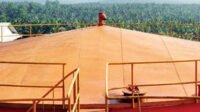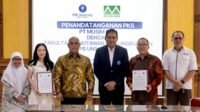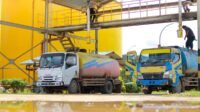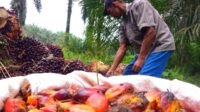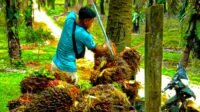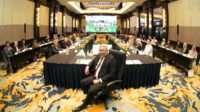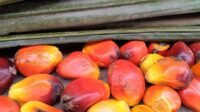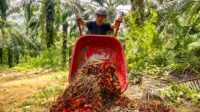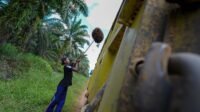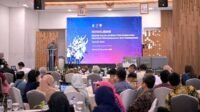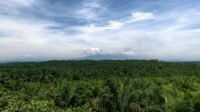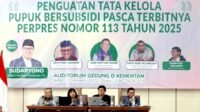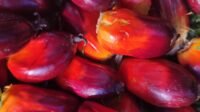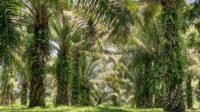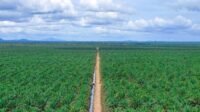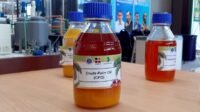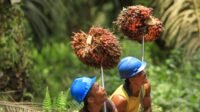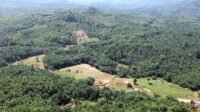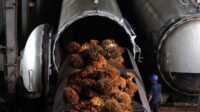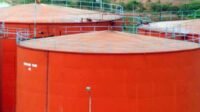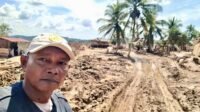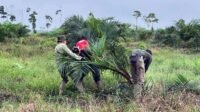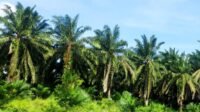PALMOILMAGAZINE, BANDA ACEH — Aceh is sending a strong signal to global markets: the province is ready to become a world model for deforestation-free and inclusive palm oil production.
The commitment was marked by the launch of the Aceh Sustainable Palm Oil Working Group on Tuesday (August 13), bringing together nine industry giants—from Apical to Unilever—alongside the Sustainable Trade Initiative (IDH) and backed by the provincial government.
For Aceh, palm oil is more than just a flagship commodity. It represents the backbone of the regional economy while also being intertwined with 3.5 million hectares of tropical rainforest, including the Leuser Ecosystem—the last refuge for elephants, tigers, rhinos, and orangutans.
Also Read: FORTASBI Celebrates 11 Years of Empowering Independent Oil Palm Farmers Toward Sustainability
“Global markets are demanding deforestation-free supply chains. Aceh is ready to respond with transparent governance and cross-sector collaboration,” said Aceh’s Deputy Governor, H. Fadhlullah, in an official statement received by Palmoilmagazine.com on Friday (August 15, 2025). He emphasized the government’s commitment to accelerating land legality processes, farmer registration, and establishing a provincial deforestation monitoring system.
The initiative has already gained international support. Dutch Ambassador Marc Gerritsen praised Aceh for “leading with responsibility” through its Sustainable Palm Oil Roadmap, which has been adopted as regional regulation. Meanwhile, Nils Hermann Ranum, Norway’s Special Envoy for Climate and Forests, highlighted the opportunity for Aceh to seize the growing global demand for deforestation-free commodities.
Also Read: PalmCo Strengthens Smallholder Partnerships to Accelerate Palm Oil Replanting
Beyond speeches and formal agreements, expectations are high: independent smallholders gaining easier access to global supply chains, palm oil mills adopting sustainable sourcing practices, and Aceh’s forests remaining intact. All parties agreed that no sensitive business information would be shared, while companies retain full control over their sourcing policies.
“Aceh has a bold vision. This roadmap is not only about business but also about sustainability and fairness,” said Nassat Idris, Chair of the IDH Foundation.
The Working Group remains open to new participants who share the same vision. If successful, Aceh could position itself not only as a palm oil supplier but also as a global model for partnerships that balance economic growth, environmental protection, and community well-being. (P2)

